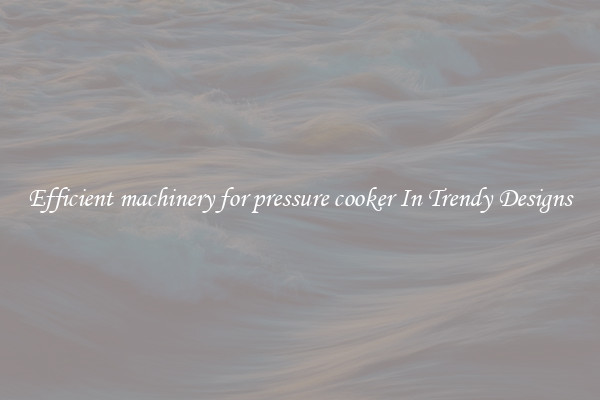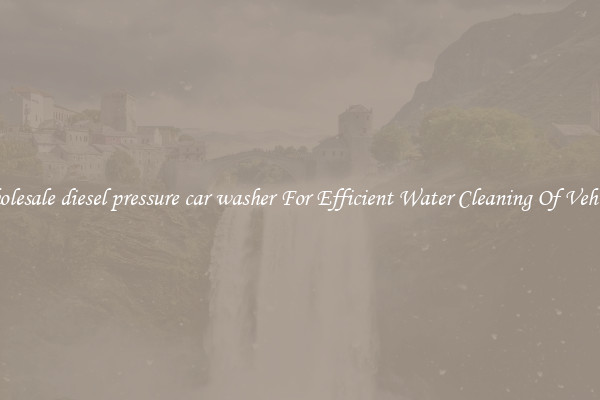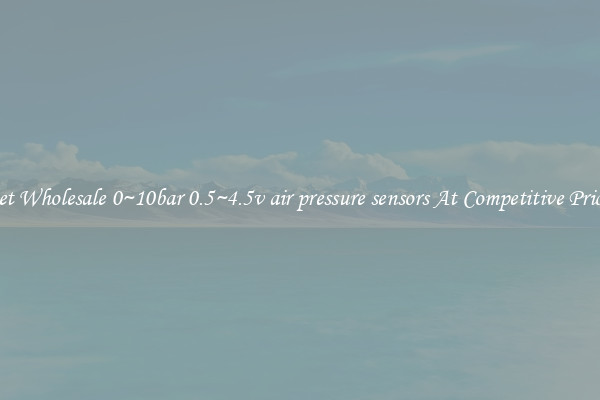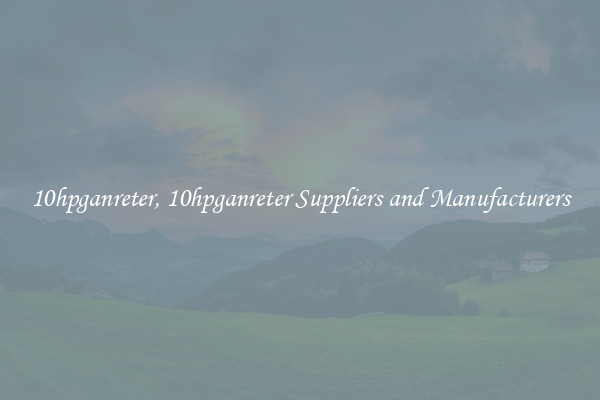what is pressure pumping With Unsurpassed Efficient Outputs
Pressure pumping is a technique widely used in various industries, including oil and gas exploration, mining, and construction. It involves the process of injecting fluids into wells or underground formations at high pressures to stimulate and enhance production. This powerful method is essential for maximizing outputs and achieving optimal efficiency in these industries.
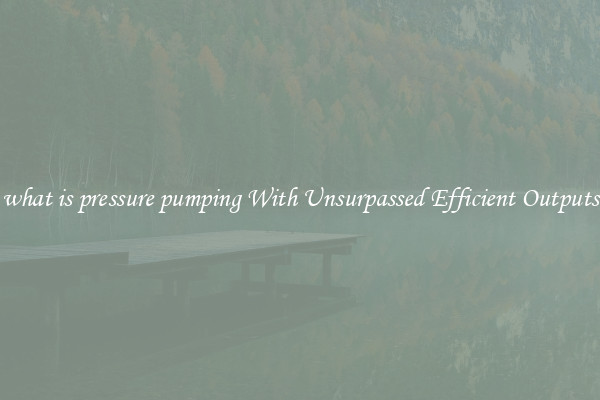
One of the primary applications of pressure pumping is in the oil and gas industry. In this sector, it is used to facilitate the extraction of oil and natural gas from deep underground reservoirs. Pressure pumping allows for the creation of fractures in the rocks near the wellbore, enhancing the flow of hydrocarbons and increasing overall production. By injecting fluids such as water, sand, and chemicals, significant amounts of pressure are generated, enabling the extraction of oil and gas from previously inaccessible formations.
Another important use of pressure pumping is in mining operations. Whether it's extracting minerals or metals from the Earth or removing waste materials, pressure pumping plays a vital role. By injecting high-pressure fluids into the ground, it helps break up and loosen the rock, making it easier to extract valuable resources. Moreover, pressure pumping helps control groundwater levels, preventing flooding and enhancing overall mining efficiency.
Pressure pumping also finds extensive use in the construction industry. It is commonly employed in concrete pumping, which involves the transportation and placement of concrete at construction sites. By utilizing high-pressure pumps, concrete can be pumped through pipes or hoses to reach even the most challenging or inaccessible locations. This saves time and labor while ensuring efficient and effective concrete placement.
The efficient outputs of pressure pumping are unsurpassed. This technique allows for the precise control of fluid volume, pressure, and flow rate, ensuring optimal results. By modulating these parameters, pressure pumping can be customized to meet the specific needs and conditions of each project, maximizing productivity.
Furthermore, pressure pumping offers numerous environmental benefits. It reduces the number of individual wells required for oil and gas recovery, minimizing the industry's overall footprint. Additionally, pressure pumping enables the use of eco-friendly fluids, reducing the environmental impact further. As industries increasingly prioritize sustainability, the efficient and green outputs of pressure pumping make it an attractive and responsible choice.
In conclusion, pressure pumping is a crucial process used in various industries, including oil and gas, mining, and construction. Its ability to generate high-pressure fluids and efficiently inject them into wells or underground formations maximizes outputs and enhances overall efficiency. As industries strive for productivity, sustainability, and cost-effectiveness, pressure pumping continues to play an integral role in achieving these goals.

View details

View details

View details

View details
